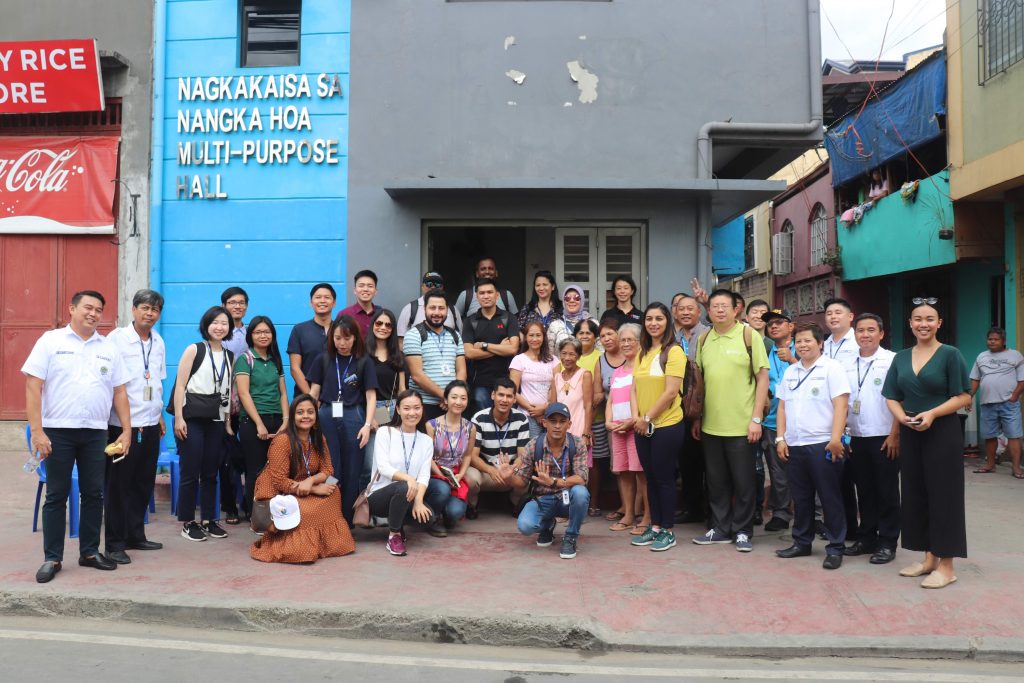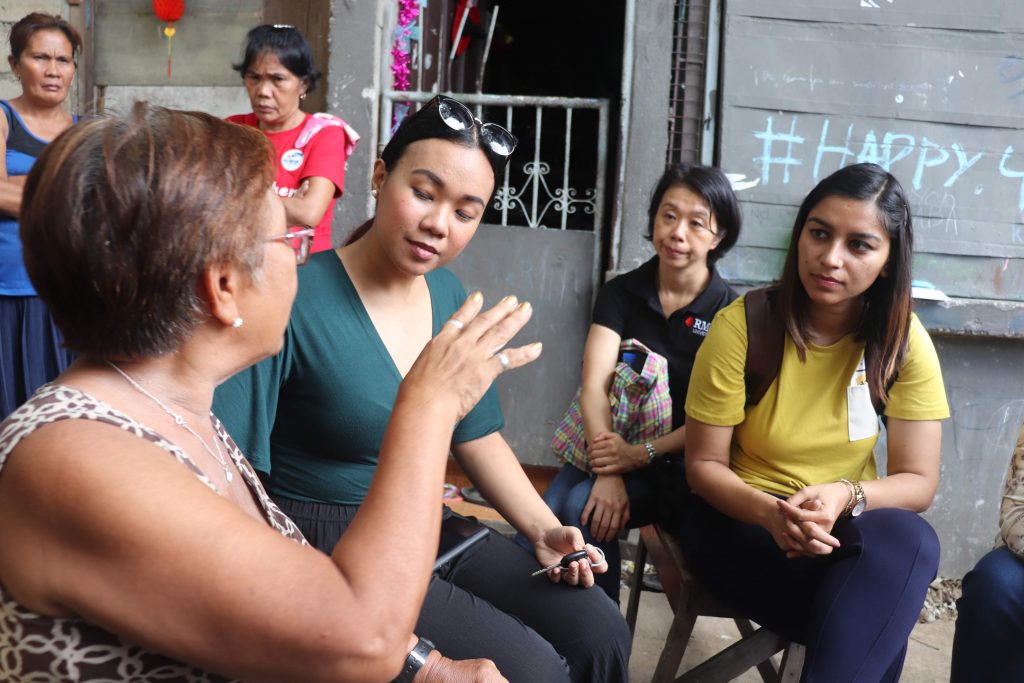
Photo credit: Ram Bista
The 2019 ProSPER.Net Leadership Programme was held from 24th – 30th November in Quezon City, the Philippines, hosted by the University of the Philippines Diliman.
Under the theme, ‘Engineering Approaches to Disaster Risk Reduction and Management Towards Sustainable Development in the Asia-Pacific Region’, this seventh edition of the programme brought together twenty participants from across the Asia-Pacific region across the academic, public, private, and non-profit sectors to learn about the challenges and opportunities in relation to disaster risk reduction (DRR) and management.
This year’s theme was chosen in response to the urgent need to develop leaders who can pursue solutions for the emerging issues and problems caused by natural and man-made disasters, to achieve sustainable and resilient societies.
The diverse group (including participants from Bangladesh, China, India, Indonesia, Japan, Kyrgyzstan, Mongolia, Myanmar, Nepal, Pakistan, the Philippines, Sri Lanka, Syria, Thailand, and Vietnam), spent the week learning from lectures and workshops on a range of areas, including sustainable development (SD), education for sustainable development (ESD), DRR, local community empowerment and multi-stakeholder participation, engineering and vulnerability mapping, sustainable energy, resilience of structures, and social impact assessment, which gave insights on how SD, ESD and DRR can be combined with engineering approaches to tackle local and regional sustainability issues.
Participants also worked in groups to develop projects encompassing leadership for sustainability and collaboration aspects, to deliver on DRR and sustainable development. These were focused on various topics and phases of the disaster management cycle: Urban Planning and Preparedness; Housing and Preparedness; Energy and Health Care; Water Shortage and Agriculture; and Sewage System and Floods, all of which were presented on the final day of the programme.
A field trip to Marikina City, which was severely flooded by Tropical Storm Ondoy in 2009, gave participants the opportunity to contextualise their learning, by drawing on the lived experiences of the local community stakeholders. Participants visited Marikina City Hall, the DRR Management Office and Rescue 161, three local communities (Nangka, Tumana and Malanday), where they interacted with local stakeholders and heard their experiences through conducting interviews with them.

Photo credit: Ram Bista
This was followed by visits to the Shoe Museum and C-Point Shoe Factory to experience a vital part of the city’s identity, given the city’s status as the Philippines’ ‘shoe capital’, with shoemaking a large part of the city’s economy.
Speaking about the field trip, participant Byrone Benson Barrinuevo noted how valuable the experience was; “Field trips reinforced my understanding that people are knowledgeable on their own or resilient on their own. Sustainable development needs the whole society or sector working together at the same time”.
Upon returning to their home countries or communities, participants have been asked to reflect on the lessons learned in the programme and how these can be applied to develop a strategic plan for DRR at their work place in the long-term (10 years) and short-term (1-3 years).
The ProSPER.Net Leadership Programme provides opportunities for participants across the Asia-Pacific region to develop inter-disciplinary skills to lead sustainable development initiatives appropriate to local, regional and global contexts. To learn more about previous programmes, visit the ProSPER.Net Leadership Programme page here.
Outcomes from the 2019 ProSPER.Net Leadership Programme can be accessed here.
